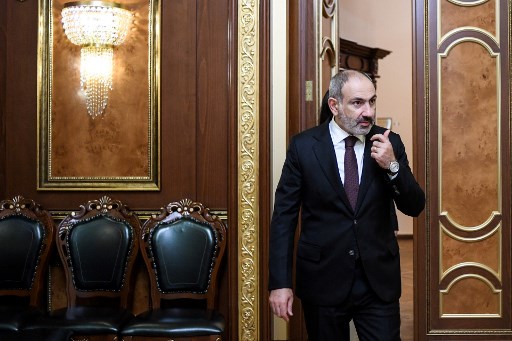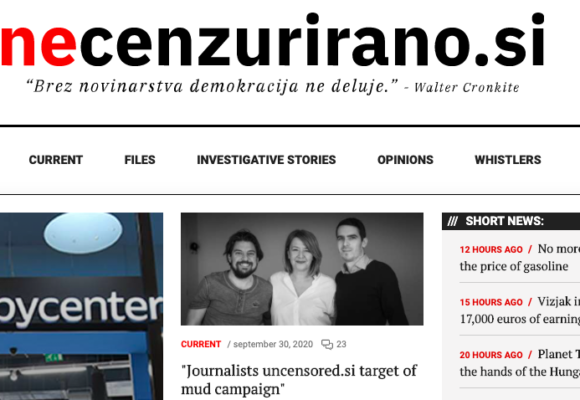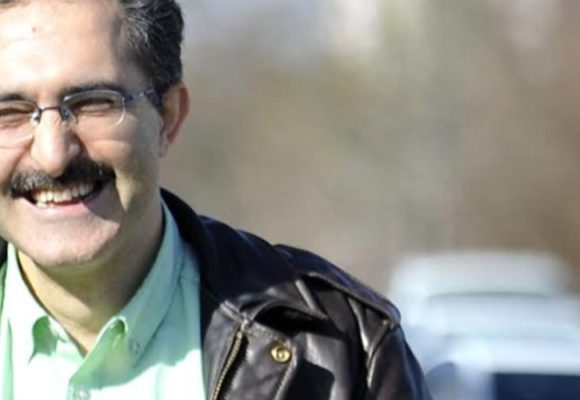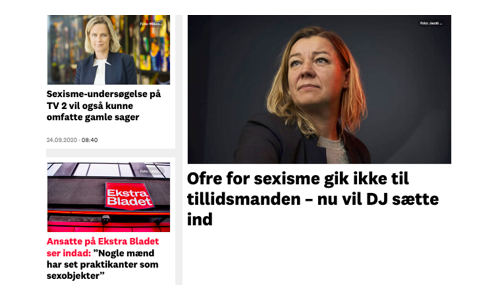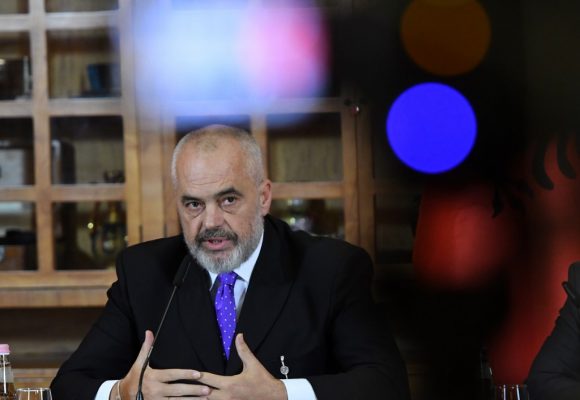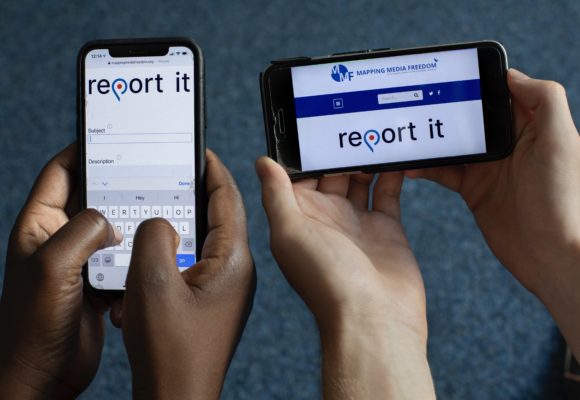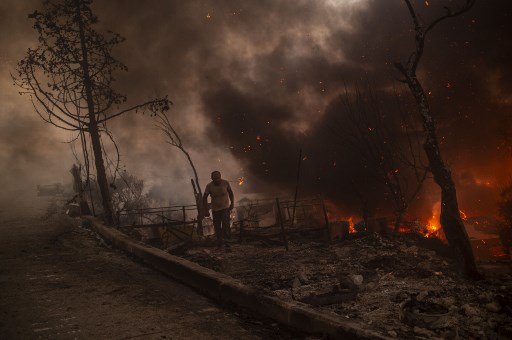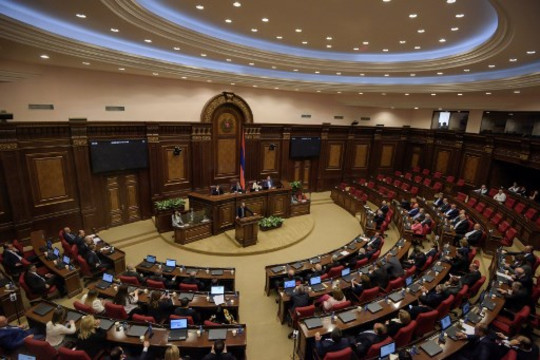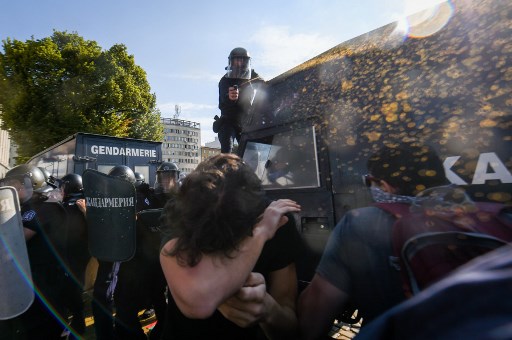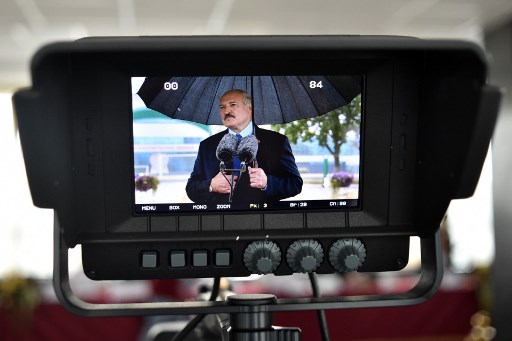Armenia: new amendments to the martial law seriously undermine media freedom
On 8 October, the Armenian authorities decided to amend the martial law declared on 27 September 2020, which from now on prohibits the publication of reports criticising the actions of the government, officials and local bodies. It also gives increased power to the police to give fines, freeze assets and request removal of content from media outlets. The European and International Federations of Journalists (EFJ/IFJ) joined its affiliate in Armenia in denouncing a blatant violation of media freedom in a context where non-partisan information is crucial. The amendments refer in particular to the publication of reports “criticising”, “refuting actions of…

